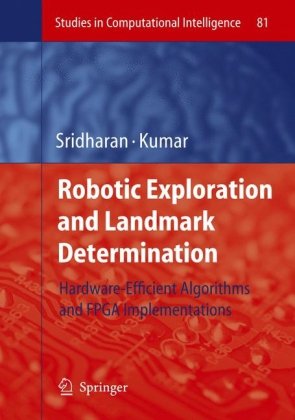

Most ebook files are in PDF format, so you can easily read them using various software such as Foxit Reader or directly on the Google Chrome browser.
Some ebook files are released by publishers in other formats such as .awz, .mobi, .epub, .fb2, etc. You may need to install specific software to read these formats on mobile/PC, such as Calibre.
Please read the tutorial at this link: https://ebookbell.com/faq
We offer FREE conversion to the popular formats you request; however, this may take some time. Therefore, right after payment, please email us, and we will try to provide the service as quickly as possible.
For some exceptional file formats or broken links (if any), please refrain from opening any disputes. Instead, email us first, and we will try to assist within a maximum of 6 hours.
EbookBell Team

4.3
28 reviewsMuch of the research effort in mobile robots in the recent past has been on sensing and design of time-efficient algorithms for tasks such as localization, mapping and navigation. Mobile robots typically employ an embedded computer for high level computations. As applications of robots expand, there is a need to investigate architecturally efficient choices for this embedded computing platform. In particular, it is valuable to process data to obtain time, space and energy-efficient solutions for various robotic tasks.
This book presents hardware-efficient algorithms and FPGA implementations for two robotic tasks, namely exploration and landmark determination. The work identifies scenarios for mobile robotics where parallel processing and selective shutdown offered by FPGAs are invaluable. The book proceeds to systematically develop memory-driven VLSI architectures for both the tasks. The architectures are ported to a low-cost FPGA with a fairly small number of system gates. A robot fabricated with this FPGA on-board serves to validate the efficacy of the approach. Numerous experiments with the robot are reported.